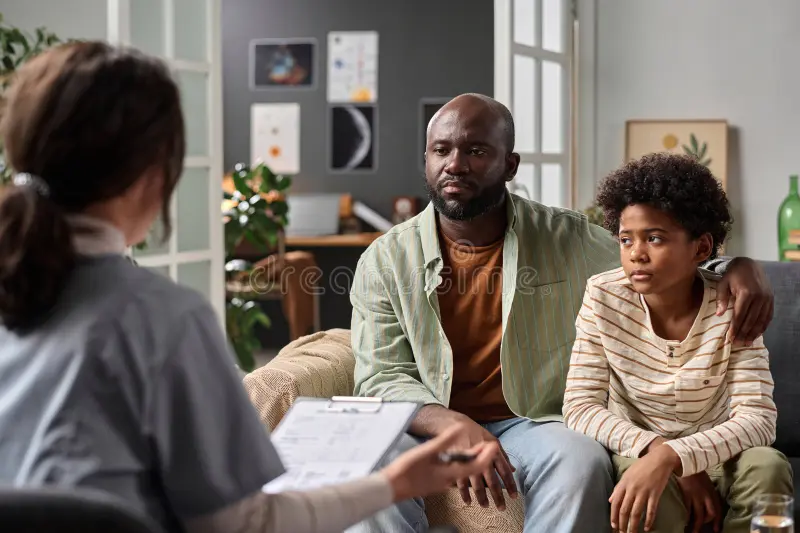24/7 Helpline:
(866) 899-221924/7 Helpline:
(866) 899-2219
Learn more about Klonopin Rehab centers in Marion County

Other Insurance Options

Sutter

Highmark

United Health Care

Ambetter

Medical Mutual of Ohio

MVP Healthcare

Self-pay options

Coventry Health Care

PHCS Network

EmblemHealth

Lucent

Excellus

Cigna

Magellan

WellCare Health Plans
Beacon

Aetna

Ceridian

CareSource

MHNNet Behavioral Health

The Golden Rule
Sitting on 30 acres in Mauk, Georgia, the renowned Golden Rule is a drug and alcohol rehab center fo...
















